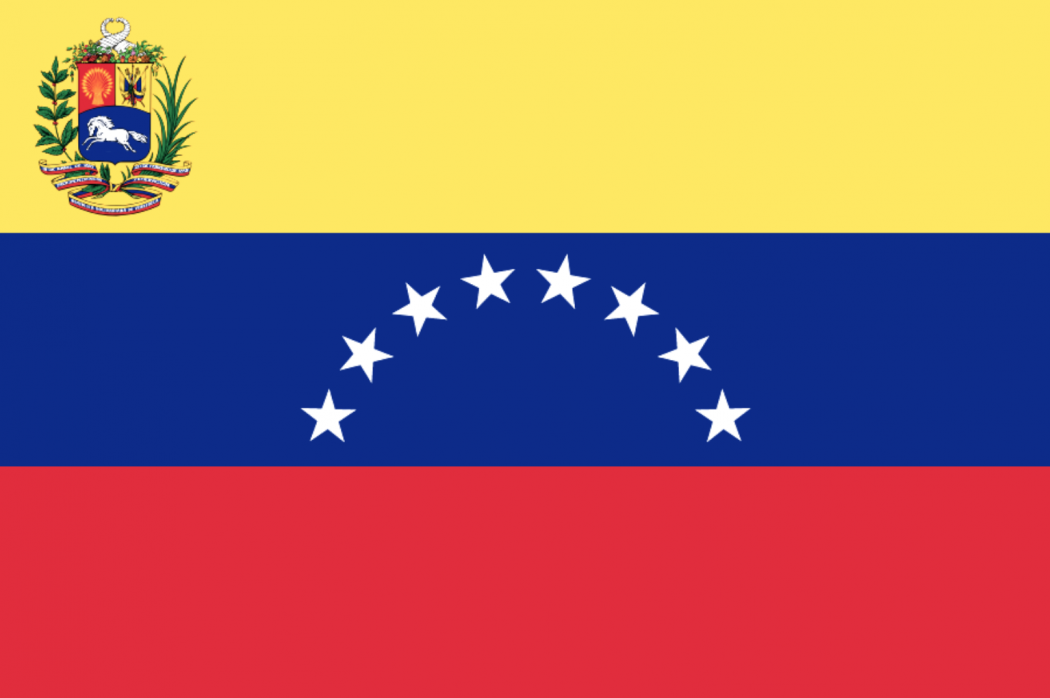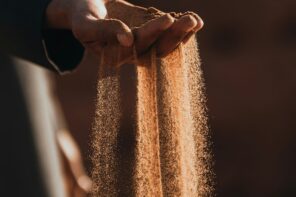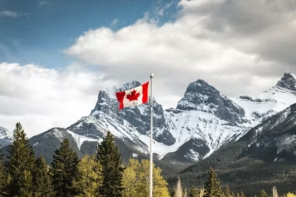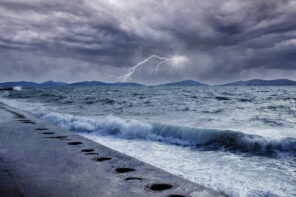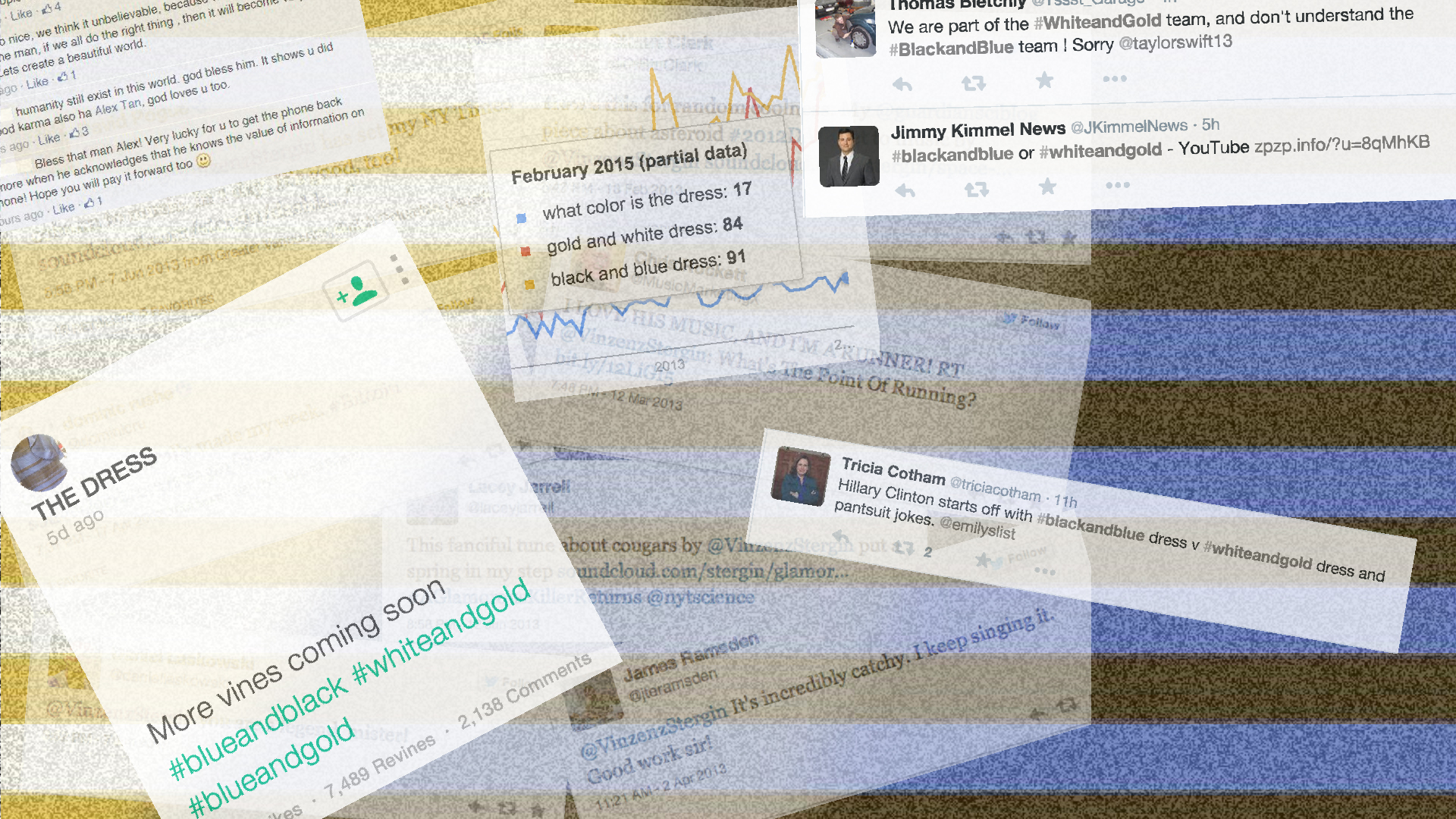Three years ago, my cousin Omar came to visit us from Venezuela for the summer. One day, he tagged along to help out with the groceries. While we looked for matches to light the barbecue, he stopped to post a photo of the toilet paper aisle to his Instagram story. I remember laughing at him and asking why toilet paper could make him laugh, but my jokes fell flat. He then laughed at me–in hindsight, probably at my naivety–and told me that his friends back at home couldn’t find toilet paper anywhere. Apparently his 500 followers would be amused by the fact that Omar was in cottage country deciding between standard, jumbo or jumbo junior. What I had assumed to be an inside joke between a few friends turned out to be an inside joke nonetheless, only it was an inside joke shared between 2.9 million people – the entire city of Caracas.
Today, this country’s inside jokes have become their shared tragedies. In the past five years, millions of residents have fled their homes, deprived not only of toilet paper, but of food and water, too. Hyperinflation has become a common word in the Venezuelan vocabulary; basic household items get more expensive in a matter of hours – ‘saving up’ is a myth. Severe scarcity of essential items, black market domination of the exchange of goods, and cash that has become more expensive than its actual value (yes, people buy cash since there is none in the ATMs) – is part of daily life in Venezuela. As a Venezuelan, you are considered extremely lucky if your parents decided to open a savings account in the United States or elsewhere. Now, basic transactions like groceries, haircuts, coffee (if you can even find it in the markets), or buying beers are paid through international e-transfers. If you’re even luckier, your parents saved enough to get you out of the country, where you are likely studying abroad and working a part-time job to pay for your expenses, always sending some money home so that your family can enjoy any of the little things I just mentioned.
Hyperinflation has become a common word in the Venezuelan vocabulary; basic household items get more expensive in a matter of hours – ‘saving up’ is a myth.
Venezuelans who were not lucky, not fortunate enough to have off-shore savings or a family to support them in a different country, then have two options. They can either live by their salaries, with the current minimum wage set at approximately $8 USD/month (keep in mind a chicken breast alone costs $3), or abandon their homes and head for a better life beyond the borders of their country.
A month ago, my family and I drove to Florida (yes, we’re those crazy Canadians who get in a car and drive the 24 hours) to celebrate my grandparents’ 50th anniversary. As we drove through New York, Pennsylvania, West Virginia, North Carolina, South Carolina, and Georgia, my cousin, Raquel, realized she had friends studying all over the world. Many of us have said our goodbyes to high school friends studying abroad for the next few years. In fact, many of us would even brag about our international connections. However, for my Venezuelan cousin and her friends, the end of their studies doesn’t necessarily mean coming home; they don’t look forward to summer reunions or Christmas mornings with their families, because they can’t. And yet, their reality of not knowing where home will be in two or three years is a reality that millions of their countrymen have walked thousands of miles trying to attain.
They are men and women who have conquered the same university years we are living through, who have created a family, raised their children in their proud culture, and surrounded themselves with their loved ones.
Since 2014, more than two million Venezuelans have fled to Brazil, Colombia, Peru and Ecuador. Each day, more than 700 cross the Brazilian border on foot, which amounts to thirty people an hour who arrive without a plan, let alone a place to stay. The profiles of these refugees is enormously varied, too: some are fleeing hunger, while others, political persecution.
As this migration unfolds, I have thought deeply about how fortunate many of us are. Of the millions of emigrants, hundreds have become refugees. But many of these Venezuelans do not fit my classical image of a refugee. They are men and women who have conquered the same university years we are living through, who have created a family, raised their children in their proud culture, and surrounded themselves with their loved ones. More vividly than in past refugee crises, it both terrifies me and distresses me that they had no control over their fate. This time, I see myself in the chaos. I see refugees (all refugees) as people who did things right. And yet they are struggling to grasp at just one more week, one more day.
I’ll be honest: I don’t have a drop of Venezuelan blood in my system. My father was born in Chile, grew up in Venezuela and settled in Canada after meeting my mother, but his eldest sister and my cousins remain in Venezuela. Through them, I’ve been fortunate enough to have enjoyed the Venezuelan culture in my youth, but my family’s annual visits to celebrate Christmas in the humidity of our cousins’ home ended abruptly five years ago. It took an emotional goodbye over this past break to push me out the door of my own, removed world.
When my family reunited in Florida over Christmas, I had been so looking forward to spending every second with my only older cousin, Raquel, but she ended up spending the week attached to her mother. When the two of them said goodbye to each other, I forgot about my jealousy. With big, huge tears rolling down my cheeks, I thought about what it would be like not knowing when I would get to see my mother or father again. I couldn’t–and still can’t–begin to feel their heartache.
I’ll be honest: I don’t have a drop of Venezuelan blood in my system.
Our generation has a huge influence on one another and society. Next time you start up a “Hey, what’s new” conversation, remember that “what’s new” doesn’t have to be directly about you. It is easy to see Venezuela as just one point on a news bulletin; it is easy to follow its current politics, to track the tensions between President Nicolas Maduro and the US-backed Opposition leader, Juan Guaidó. And it is so easy to see refugees as an ambiguous human mass within that story. What’s not easy is to recognize that, in times of political and economic chaos, millions of individual universes get destroyed. These are not extraordinary cases – they are people just like us, who are sometimes part of our own families. There is a world full of disaster and tragedy out there, but here we are, with a world bombarding us with opportunity. Let’s begin by being grateful and follow by taking responsibility to educate ourselves beyond our tiny worlds.
The views expressed in this opinion piece are the author’s own and do not necessarily represent those of The Bull & Bear.

